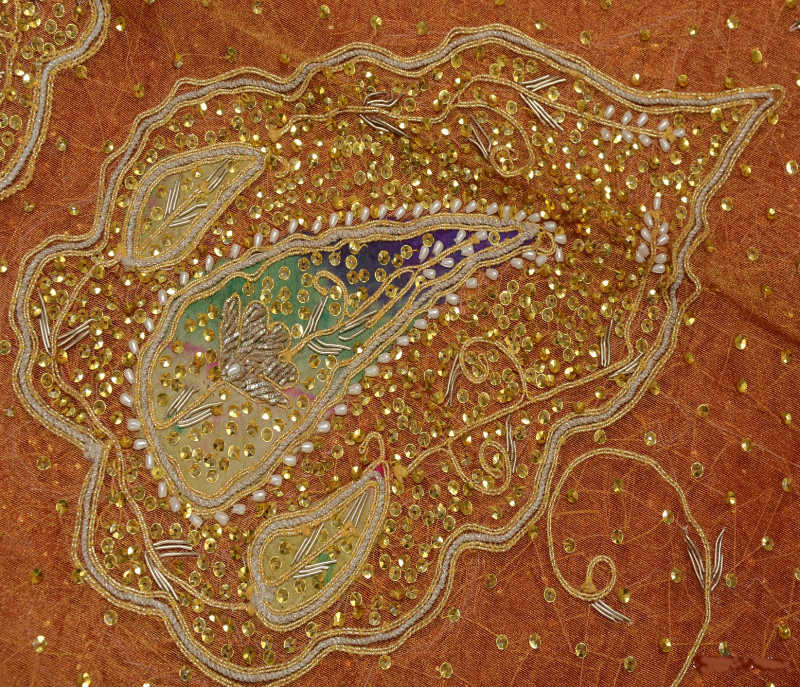===
0509,
7
===

=== |
 |
dar ānā : 'To come in, to enter; to penetrate; to arrive; to enter ... ; to be successful, to succeed '. (Platts p.508)
FWP:
SETS == MAGAR
MOTIFS
NAMES
TERMS == WORDPLAYThe contrast between the 'walls' in the first line and the 'door' in the second line is astonishingly vivid. Walls don't admit people; one of the reasons to bang your head against walls is that the walls keep you out. After the speaker has, over and over, banged his head on the walls in vain-- well, after that, what? Will his long and painful self-mortification, like an enchantment, magically bring the beloved to his own door? Or is he nourishing a faint hope, or a possibility, or an impossibility, or just a burst of sarcasm and despair?
There's also the excellent use of magar , meaning both 'but' and 'perhaps', to make sure all the possibilities stay open. It really is a beautifully dreamy, foggy verse about hope and despair and the badlands in between.